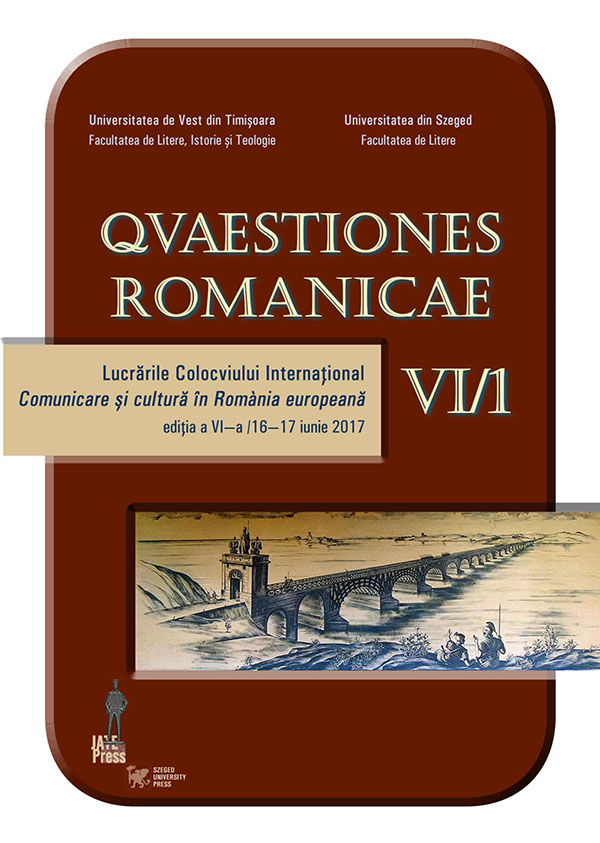De Liliput a Balnibarbi: la importancia del lenguaje en Los viajes de Gulliver
Abstract: (Gulliver’s Travels: A Critique of Society through Language) In this paper we propose an analysis of the importance of language in Jonathan Swift’s satirical work Gulliver’s Travels. In his story, the author recreates different scenarios that Gulliver will visit during his travels, in which he will also have the opportunity to hear and speak languages as unknown and remote as unusual and strange. Thus, from those first words in the country of Liliput, in which Gulliver awakes moored on a beach, to the recreation of musical languages for the inhabitants of the island of Laputa, many allusions to the language that are introduced in the novel. Finally, the analysis of these linguistic games will allow us to observe how the importance of the linguistic theme in the novel becomes a pretext to emulate the linguistic and philosophical concerns of the moment.
Keywords: Gulliver’s Travels; Swift; Artificial languages; Utopian languages; satire.
Resumen: En esta comunicación proponemos un análisis de la importancia del lenguaje en la obra satírica Los viajes de Gulliver de Jonathan Swift. En su relato, el autor recrea diferentes escenarios que Gulliver visitará en sus viajes, en los que también tendrá la ocasión de escuchar y hablar lenguas tan desconocidas y alejadas como insólitas y extrañas. Así, desde esas primeras palabras en el país de Liliput, en el que Gulliver despierta amarrado en una playa, hasta la recreación de lenguas musicales para los habitantes de la isla de Laputa, son muchas las alusiones al lenguaje que se introducen en la novela. El análisis de dichos juegos lingüísticos nos permitirá, finalmente, observar cómo la importancia del tema lingüístico en la novela se convierte en un pretexto para emular las preocupaciones lingüísticas y filosóficas del momento.
Palabras clave: Los viajes de Gulliver; Swift; lenguas artificiales; lenguas utópicas; sátira.
